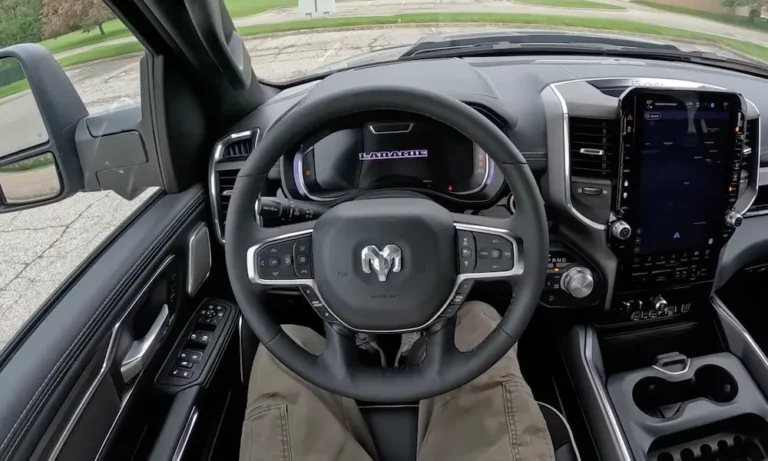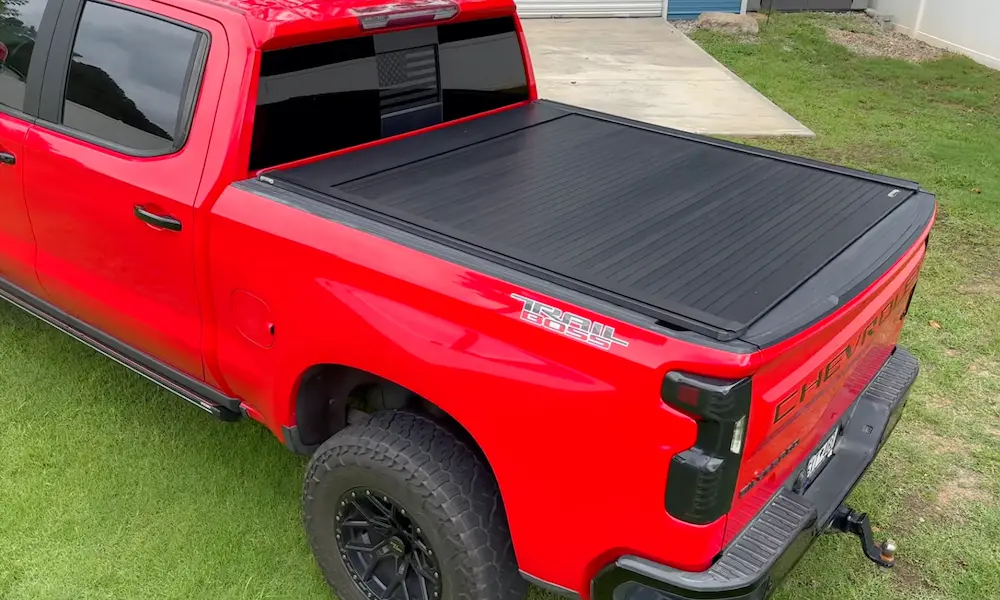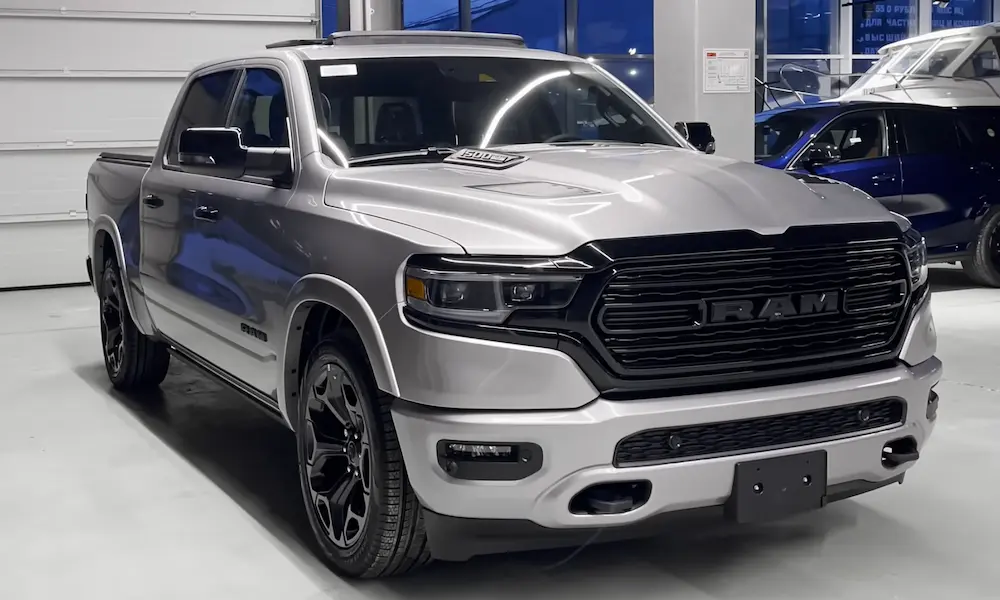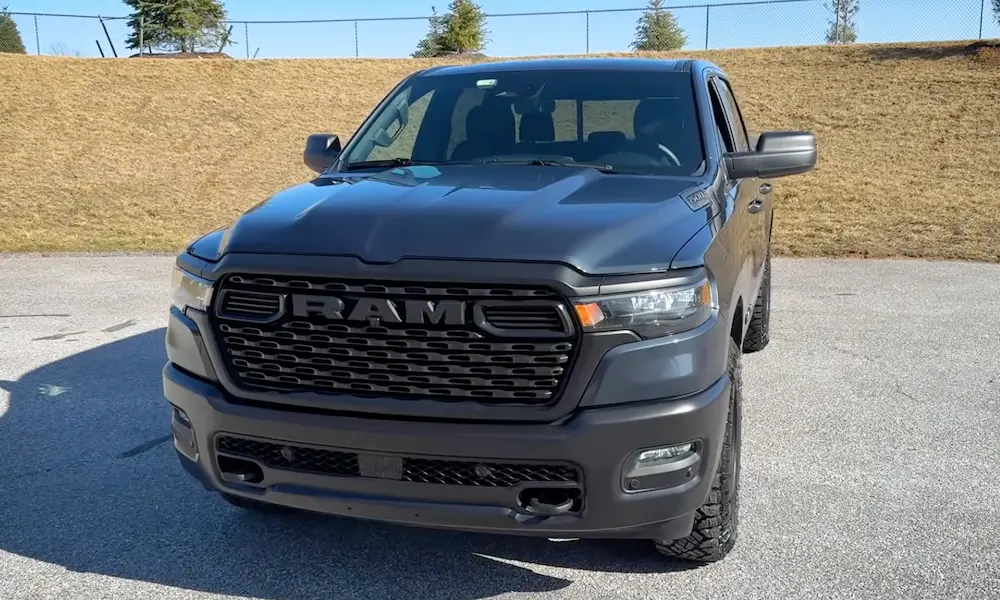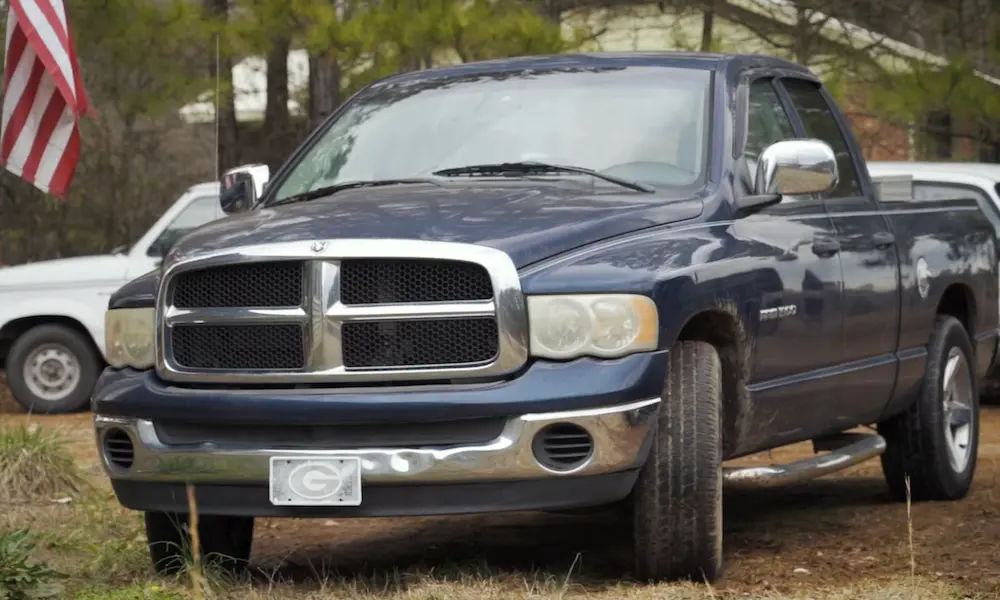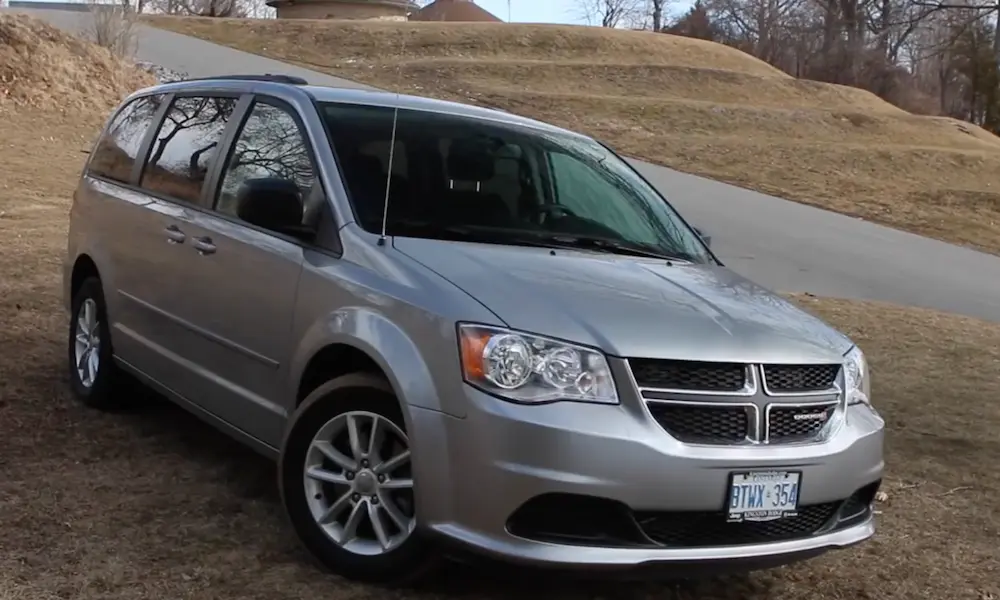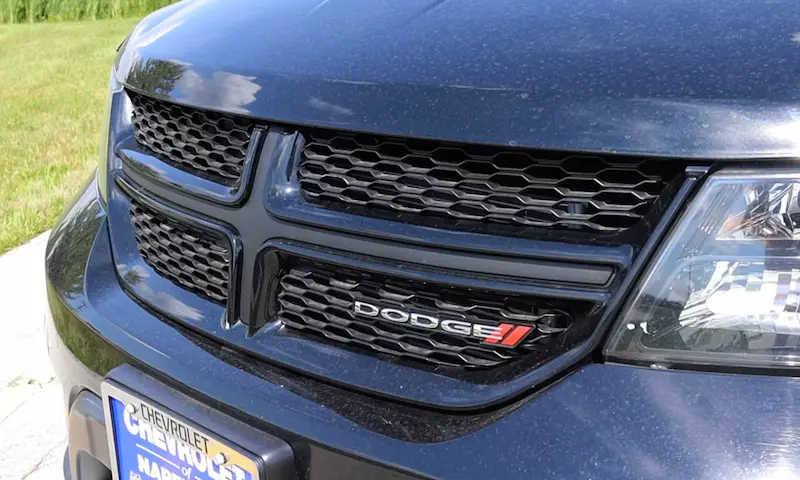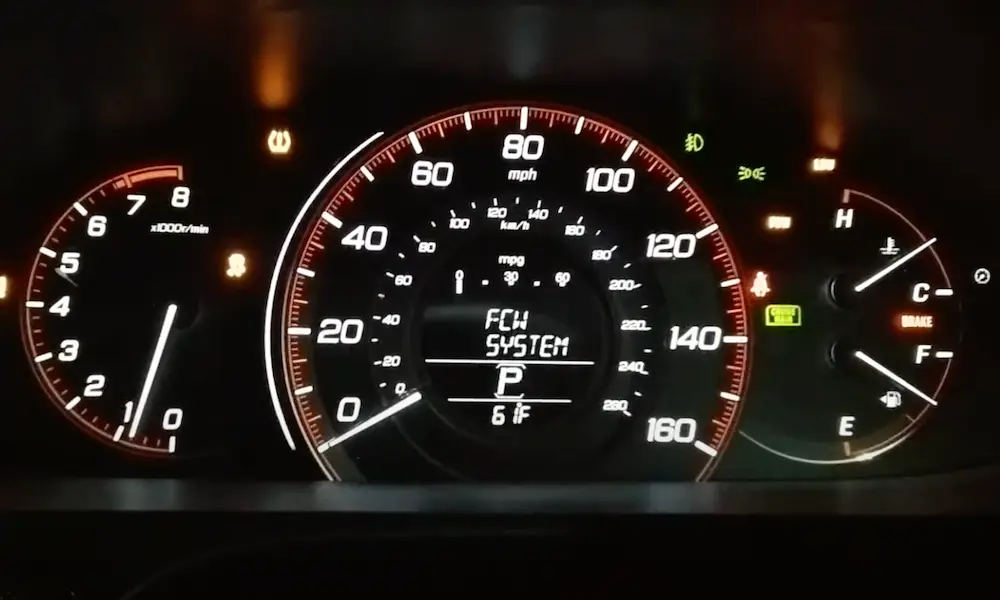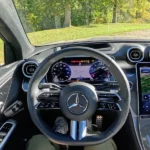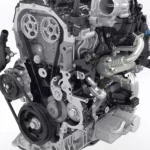Struggling with your Dodge Ram 1500 not starting can be frustrating. Common issues often involve the battery, alternator, or starter motor. By understanding these problems, you can take the right steps to get your truck back on the road. This guide is here to help you troubleshoot and fix starting problems, so dive in to discover practical solutions and keep your Ram running smoothly.
Common Starting Problems
If your Dodge Ram 1500 won’t start, it could be due to several key issues. A bad battery, problems with the starter motor and relay, ignition switch failures, or troubles with the fuel system are among the common culprits. Understanding these problems can help you pinpoint and fix the issue quicker.
Battery Issues
One of the first things to check is the battery. A dead or weak battery can cause serious starting problems. If your headlights are dim or the electrical systems aren’t working right, it might be the battery. A bad alternator might also be to blame, as it can stop charging the battery properly.
You can use a multimeter to check the battery’s voltage. Ideally, it should read around 12.6 volts or more when fully charged. If not, you might need a new battery or alternator. Make sure to inspect the battery terminals for any corrosion or loose connections, as these can also prevent the engine from starting.
Faulty Starter Motor and Relay
If the battery seems fine, the starter motor or relay could be the problem. The starter motor is responsible for turning the engine when you turn the key. A faulty starter motor might have a stuck lever or broken gear, preventing your truck from starting.
Listen for a clicking sound when you turn the key. If you hear it, the issue might lie with the starter motor or relay. A mechanic can test these components with specialized tools to pinpoint the issue. Replacing the starter motor or relay could solve your starting problem, ensuring your truck starts smoothly every time.
Ignition Switch Failures
Another possible issue is a faulty ignition switch. The ignition switch sends power from the battery to the starter motor. If this switch fails, your engine won’t start. You might notice that turning the key doesn’t cause any response in the engine.
Check if dashboard lights come on when you turn the key. If not, the ignition switch might be the likely suspect. Replacing the ignition switch can be a straightforward fix, but it often requires removing panels around the steering column. Always be careful or consider getting professional help to avoid damaging other components.
Fuel System Complications
The fuel system can also cause starting issues if it isn’t working right. A faulty fuel pump or bad fuel injectors can stop fuel from reaching the engine. You should listen for a humming sound when turning the key to “on.” If you don’t hear it, the fuel pump may not be working.
Sometimes, fuel filters can get clogged, blocking fuel flow. Replacing these filters, fuel pump, or injectors can help restore the proper flow of fuel. It ensures that your Dodge Ram 1500 gets the fuel it needs to start efficiently. Regular maintenance of the fuel system can prevent many of these problems in the future.
Electrical Issues and Solutions
When you’re dealing with starting problems in your Dodge Ram 1500, electrical issues are often at the core. Key problems can arise from corrosion, malfunctioning fuses, and issues with the neutral safety switch.
Corrosion and Loose Connections
Corrosion is a common issue that can lead to interrupted power supply in your Ram 1500. It often occurs around battery terminals and cable connections. Rusty or corroded connections can prevent the necessary flow of electricity, causing the vehicle to fail to start. It’s important to regularly inspect and clean connections using a wire brush or emery cloth for optimal performance.
Loose connections can also cause similar problems. Over time, vibrations from driving can loosen battery terminals or engine ground connections. This can lead to a faulty starter motor or solenoid problems. Check and tighten connections often to prevent power interruptions. Keep an eye out for signs of corrosion like white or greenish deposits.
Fuses and Relays
Fuses and relays are crucial for your vehicle’s electrical system. A blown fuse can disrupt the power needed to start your truck, while malfunctioned relays can prevent current from flowing to the starter motor. If your Ram 1500 won’t start, check the fuse box located in the engine bay.
Replace any blown fuses with new ones of the same amperage. Pay attention to relays that may have burnt out. You can find guidance in repair manuals to identify and replace malfunctioned relays for your model. Be sure to arm yourself with a basic understanding of your vehicle’s fuse and relay layout to ensure proper maintenance and troubleshooting.
Neutral Safety Switch Concerns
The neutral safety switch is a crucial component in the starting system. If this switch is faulty or out of alignment, it may prevent your vehicle from starting altogether. This switch ensures the vehicle starts only in ‘Park’ or ‘Neutral’. A malfunction here can mean that even with a functional key, the truck remains stationary.
To address this, make sure the gear selector is correctly positioned. If problems persist, you may need to diagnose the switch using a multimeter or consult a professional. Such issues can disable your remote start or key start, leaving you stranded until resolved.
Mechanical Failures
When your Dodge Ram 1500 encounters starting problems, mechanical failures can often be to blame. Damaged solenoids, broken motors, and transmission issues play significant roles in these problems. Understanding these components can help diagnose the issues more effectively.
Damaged Solenoid and Motors
The solenoid and starter motor are crucial for firing up your engine. If the solenoid fails, it won’t transfer the electrical current needed to start your engine. This can leave you with a loud click but no ignition.
Starter motors can also break down due to worn-out gears or electrical issues. A malfunctioning starter might produce grinding noises, indicating parts are not engaging correctly. This can prevent the engine from cranking. Regular checks can help catch these issues early, minimizing delays.
Transmission and Engine Issues
Transmission and engine problems can prevent your Ram 1500 from starting smoothly. A faulty transmission may not engage properly, affecting your vehicle’s ability to start. You might notice hesitation or strange noises when attempting to start the vehicle.
Engine issues, like damaged fuel pumps or ignition failures, can also lead to starting problems. These can result in rough idling or misfires, making it difficult for the engine to start. Routine inspections focused on these areas can help maintain your truck’s performance and reduce the chance of starting troubles.
Fixing Common Dodge Ram 1500 Starting Issues
When your Dodge Ram 1500 has trouble starting, it could be due to multiple factors. This section tackles issues related to battery changes, fuel systems, starter components, and electrical elements. You’ll learn how to address each problem to get your truck running smoothly.
Changing the Battery
A faulty battery is often the first culprit when your truck won’t start. Make sure you have a new battery that’s appropriate for your Dodge Ram 1500.
Check the battery connections for any corrosion or loose terminals. Clean the contacts and ensure they are tightly secured. If the battery won’t hold a charge, it might be time for a replacement. You might also need professional help to test the alternator, as it charges the battery as you drive.
Solving Fuel System Issues
Fuel system problems can prevent your truck from starting. The fuel pump relay may need inspection—listen for a buzzing sound when you turn the key, indicating the relay is working.
Check the fuel filter to ensure it’s not clogged. Replacing it may improve fuel flow. Examine the fuel pressure for consistency using a pressure gauge. If you find irregular pressure, you might need to replace the pump. Inspecting components like the spark plug and distributor cap can also help, ensuring a smooth flow of energy to the combustion chamber.
Repairing or Replacing Starter Components
Problems with starter components are also a common reason for starting issues. The starter motor or solenoid might need replacement if you only hear clicking sounds when turning the key.
Check if the wires connected to the starter are secure. If the starter relay is failing, it might not properly engage with the motor. Sometimes, the starter gears wear out, causing the system to fail. Repairing or replacing these components can potentially solve the problem.
Electrical Repairs
Electrical problems might be harder to pinpoint but are essential to examine. Look for blown fuses or damaged wiring in the engine bay.
A faulty ignition switch can also hinder starting. This component sends a signal to the starter relay and motor. Replacing the ignition switch or repairing the wiring can often fix starting issues. If these repairs seem daunting, you may want to consult a mechanic for effective troubleshooting.
Preventative Maintenance and Care
Taking care of your Dodge Ram 1500 involves routine checks and maintenance to keep it running smoothly. Proper attention to inspection, electrical systems, and engine care can help avoid common starting issues.
Regular Inspections
Regular inspections are key to preventing issues with your Dodge Ram 1500. Check your engine oil levels often to make sure the oil is clean and at the right level.
Inspect the battery for corrosion and ensure the connections are secure. If you notice any signs of wear, such as cracks or leaks, consider replacing the battery. Keep an eye on your spark plugs and fuel injectors for signs of damage or buildup, as these components are crucial for starting your engine efficiently.
Maintaining the Electrical System
The electrical system is crucial for starting your truck. Inspect the ignition system, including the starter and the key fob, to ensure they function properly.
If your truck exhibits starting problems, check the alternator for issues. A faulty alternator can lead to battery drain and complicate engine startups. It’s wise to have periodic checks to ensure the alternator outputs the correct voltage. Also, ensure all wiring connections are tight and free from corrosion to prevent electrical malfunctions.
Engine and Transmission Care
Engine and transmission care involve several aspects. Regularly changing the engine oil helps avoid wear and tear.
The starter issues can prevent the engine from turning over, so having it checked during service visits is a good practice. Invest time in maintaining the fuel system by using high-quality fuel and replacing fuel filters when needed. This helps keep fuel injectors clean, ensuring the fuel reaches the engine efficiently.
Inspecting the transmission fluid ensures that the transmission shifts smoothly. These simple maintenance tasks can help you avoid costly repairs and keep your Ram 1500 in top condition.

